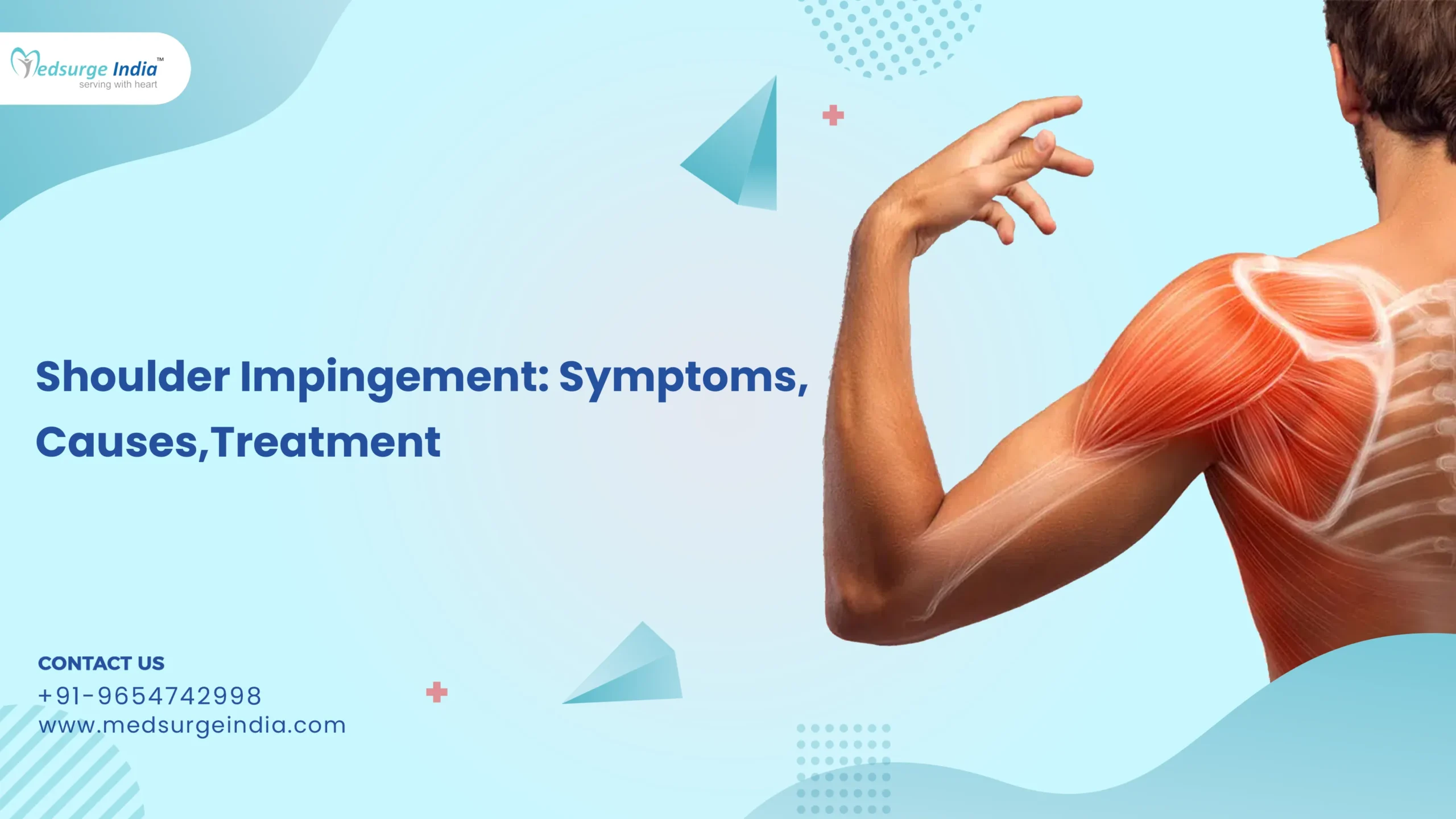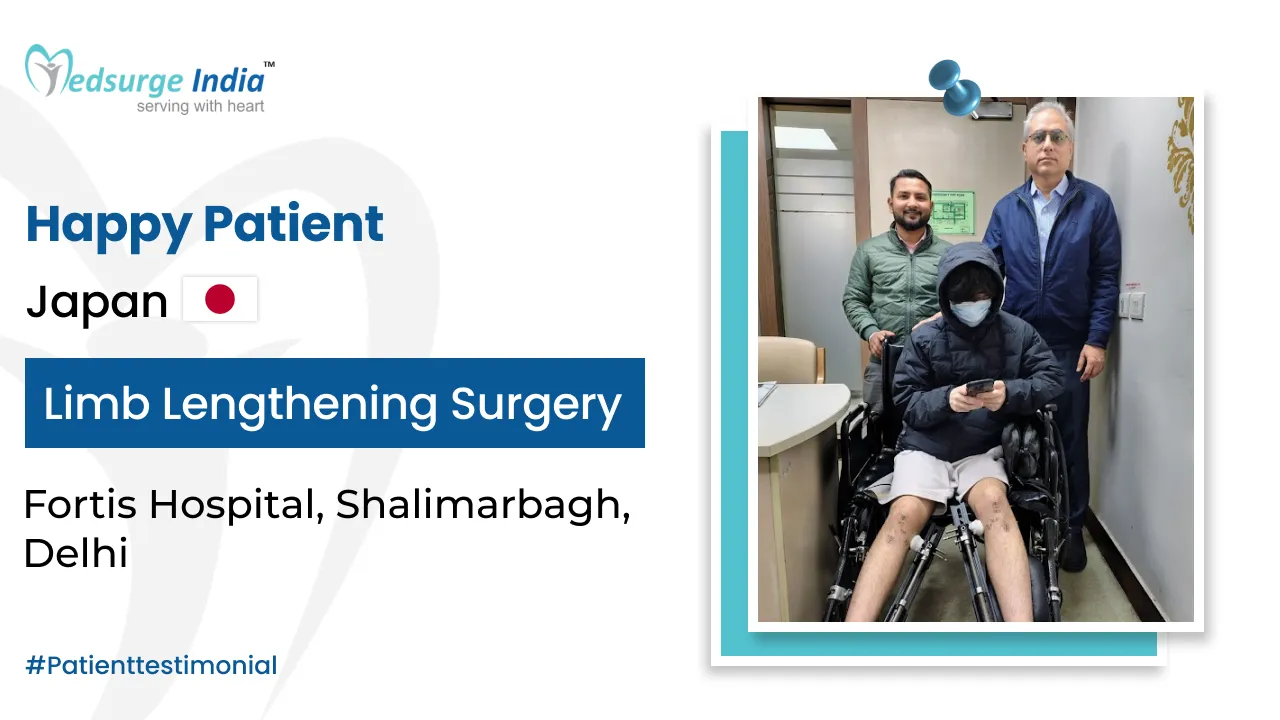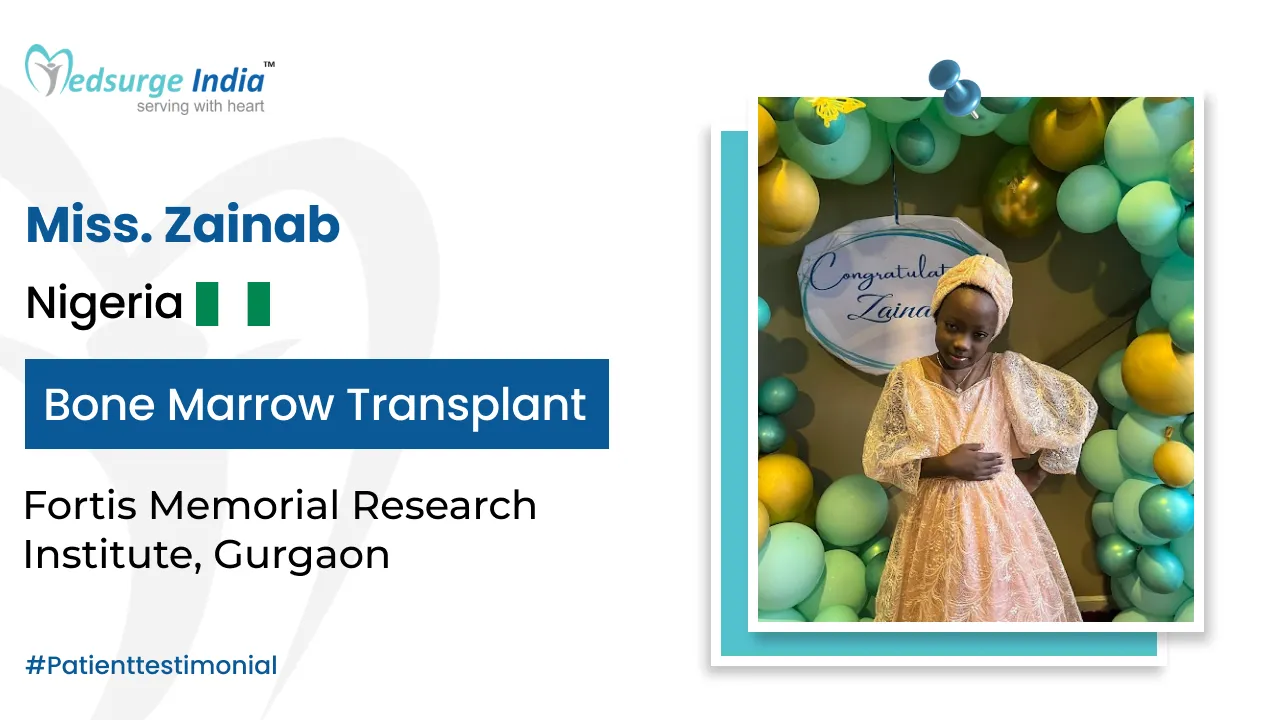
Shoulder Impingement: Symptoms, Causes, Treatment
Shoulder impingement is a common problem that usually affects the shoulder such as discomfort in the shoulder.
This condition is often referred to as impingement syndrome or swimmer’s shoulder, as it frequently affects swimmers.
Additionally, it is commonly observed in other athletes who engage their shoulders extensively, including baseball and softball players.
What is Shoulder Impingement?
Shoulder impingement occurs when the upper outer portion of the shoulder blade (scapula) compresses the rotator cuff located beneath it. This condition is often referred to by healthcare professionals as impingement syndrome or shoulder impingement syndrome.
The term “impingement” in medical terminology refers to the pinching or friction occurring within a joint, which can lead to pain, particularly during movement.
Causes of Shoulder Impingement
Shoulder impingement is primarily classified as an overuse injury. This condition typically develops gradually as a result of repetitive activities or motions that exert excessive stress on the shoulder joint and rotator cuff.
Healthcare professionals refer to the movements that lead to shoulder impingement as overhead rotation motions. These are repetitive actions that involve twisting and turning the shoulders while the arms are elevated. Common scenarios include training for sports or engaging in similar movements throughout the workday.
In some cases, individuals may experience shoulder impingement without a clear underlying cause, known as idiopathic impingement. Additionally, sudden trauma, such as a fall, car accident, or sports-related injury, can also lead to the onset of impingement. Examples of such sports are.
- Painting
- Basketball
- Lifting
- Swimming
- Tennis
- Softball
- Baseball
- Construction
What are the Symptoms of Shoulder Impingement?
The common indication of shoulder impingement is a sharp pain in the shoulder when raising the arm overhead or backward. Additional symptoms may consist of:
- persistent, mild pain in the arm
- discomfort radiating from the front of the shoulder to the side of the arm
- increased pain during nighttime
- discomfort located at the upper and outer region of your shoulder
- A sharp pain when you raise your arm, particularly when lifting
- weakness in the shoulder or arm.
For more info, you can also read about shoulder replacement treatment in India.
Diagnosis of Shoulder Impingement
A healthcare professional will assess shoulder impingement through a physical examination. They will evaluate your shoulder and assess your range of motion to determine how far you can move it without experiencing pain.
It is important to inform your provider about the activities you were engaged in when you first experienced pain and any accompanying symptoms. Be sure to mention any sports, hobbies, or occupational tasks that involve repetitive movements of the shoulder and arm. Testes that are done to diagnose shoulder impingement:
- X-rays.
- MRI (magnetic resonance imaging).
- Ultrasound.
Treatment for Shoulder Impingement
Your healthcare provider will recommend treatments aimed at alleviating your symptoms and facilitating the healing of your shoulder, allowing it to return to its normal function. Common treatments for shoulder impingement include:
Physical therapy
A physical therapist will provide you with specific stretches and exercises designed to strengthen your shoulder and enhance its range of motion. As your shoulder recovers, they will introduce exercises to fortify the muscles in your rotator cuff.
Rest
It is important to refrain from physical activities, particularly those that led to the impingement.
Icing
Applying ice or a cold pack to your shoulder can be beneficial. Ensure that ice packs are wrapped in a thin towel to prevent direct contact with your skin. Your provider will advise you on the frequency and duration of icing sessions.
Pain relievers
Over-the-counter nonsteroidal anti-inflammatory drugs (NSAIDs) can help alleviate pain and minimize swelling. It is advisable not to use NSAIDs for more than 10 consecutive days without consulting your provider.
Corticosteroids
These prescription medications are effective in reducing inflammation. You may require cortisone injections directly into your shoulder joint.
Surgery
Surgery may be recommended if other treatments do not give the result and relieve the symptoms. Your doctor may recommend shoulder arthroscopy. It is a minimally invassive surgery that is used to treat shoulder problems.
Also Read:- Shoulder Arthroscopy Cost in India
How Can One Prevent Shoulder Impingement
To effectively prevent shoulder impingement, it is crucial to refrain from excessive use of your shoulders:
- Cease any exercise or physical activity immediately upon experiencing pain. Do not attempt to push through discomfort.
- Engage in proper warm-up and cool-down routines prior to any physical activities.
- Utilize appropriate gear for all sports and physical tasks.
- Adhere to a nutritious diet and exercise regimen that suits your individual health needs.
- Consult a healthcare professional promptly if you experience pain or any other concerning symptoms.






